Search
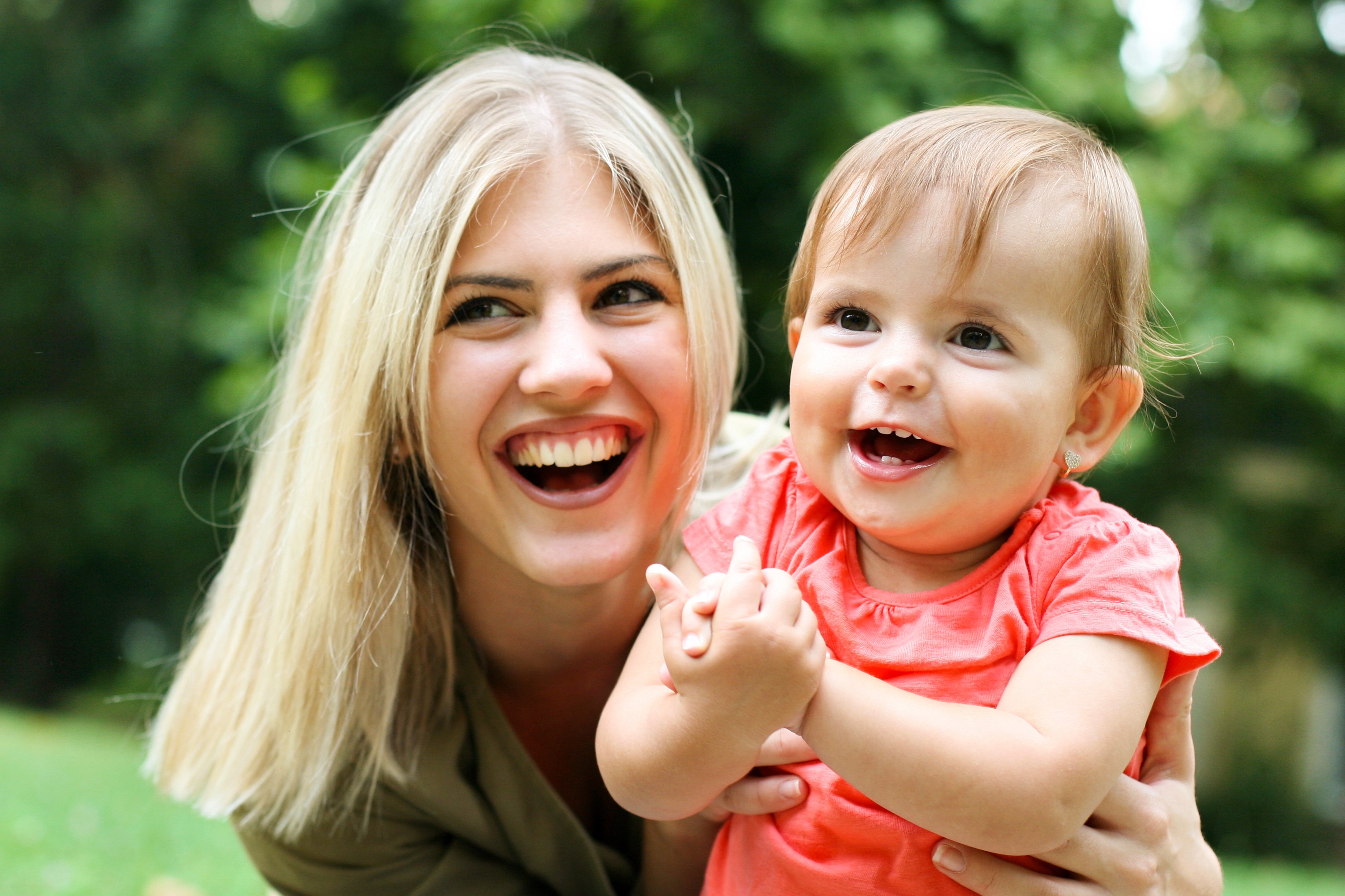
News & Events
PATROL RSV studyResearchers from The Kids Research Institute Australia would like to understand more about respiratory syncytial virus (RSV) and how we can provide the best protection for kids.
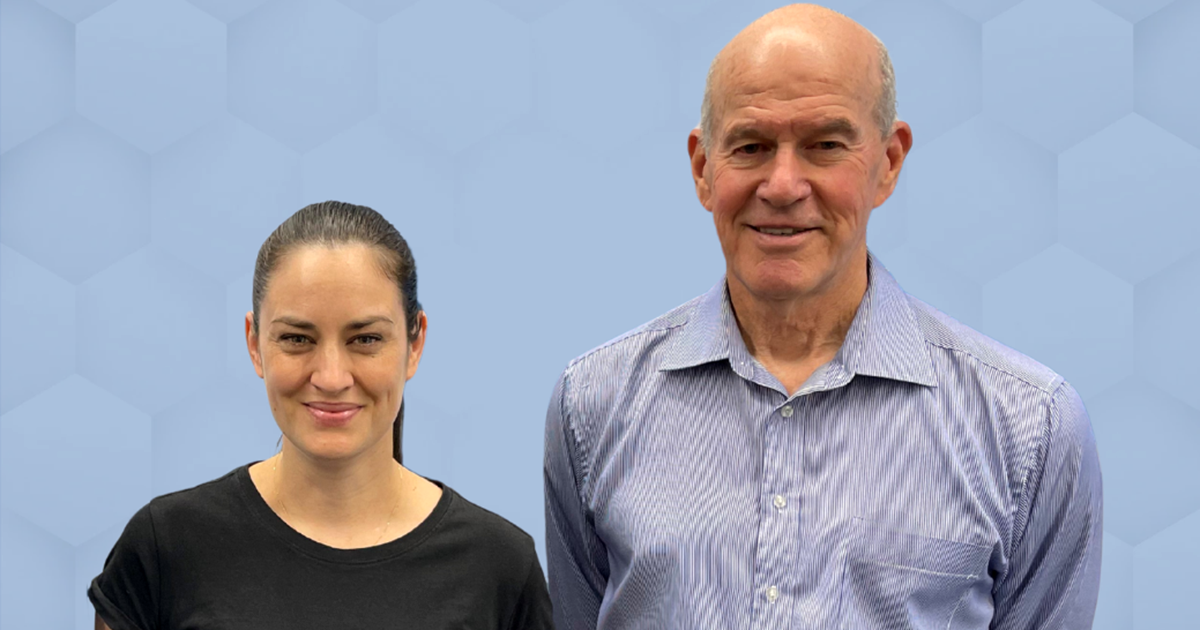
News & Events
Risk of deadly diarrhoeal diseases set to worsen as climate changesResearchers from The Kids Research Institute Australia have contributed to a landmark study revealing climate change will have a detrimental impact on one of the greatest threats to the health of children in the Global south – diarrhoea.

News & Events
$3.4 million funding boost supercharges fight against RSVNational research led by the Wesfarmers Centre of Vaccines and Infectious Diseases, based at The Kids Research Institute Australia, has secured more than $3.4 million to assess the epidemiology of respiratory syncytial virus (RSV) throughout the country and optimise Australia’s immunisation strategy.
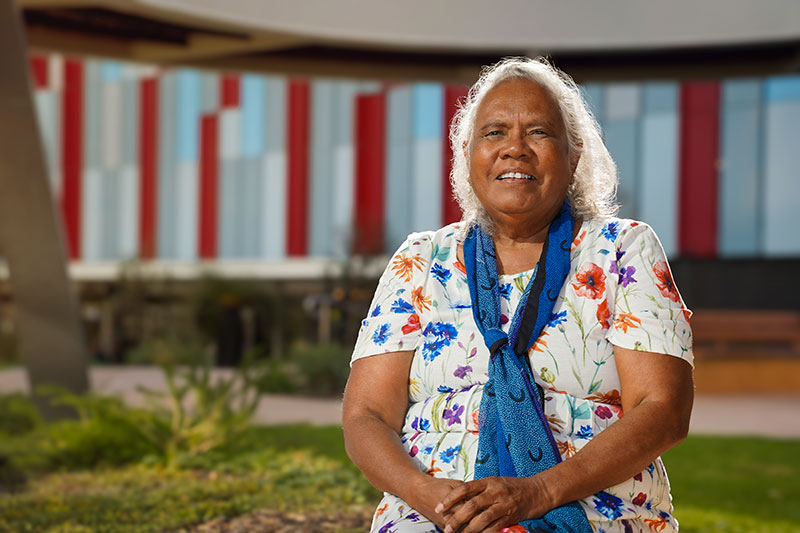
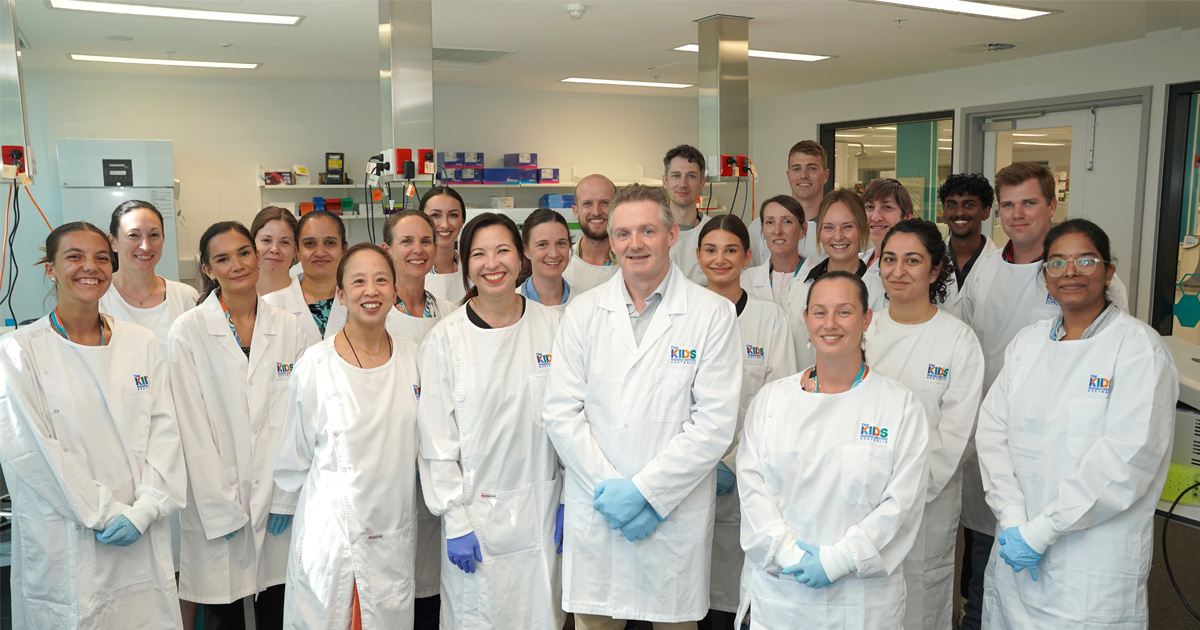
News & Events
Inside the lab: children’s brain tumour research in WAAt The Kids Research Institute Australia, our Brain Tumour Research team is leading the charge to change the story for children diagnosed with brain cancer by working on safer, more effective treatments.
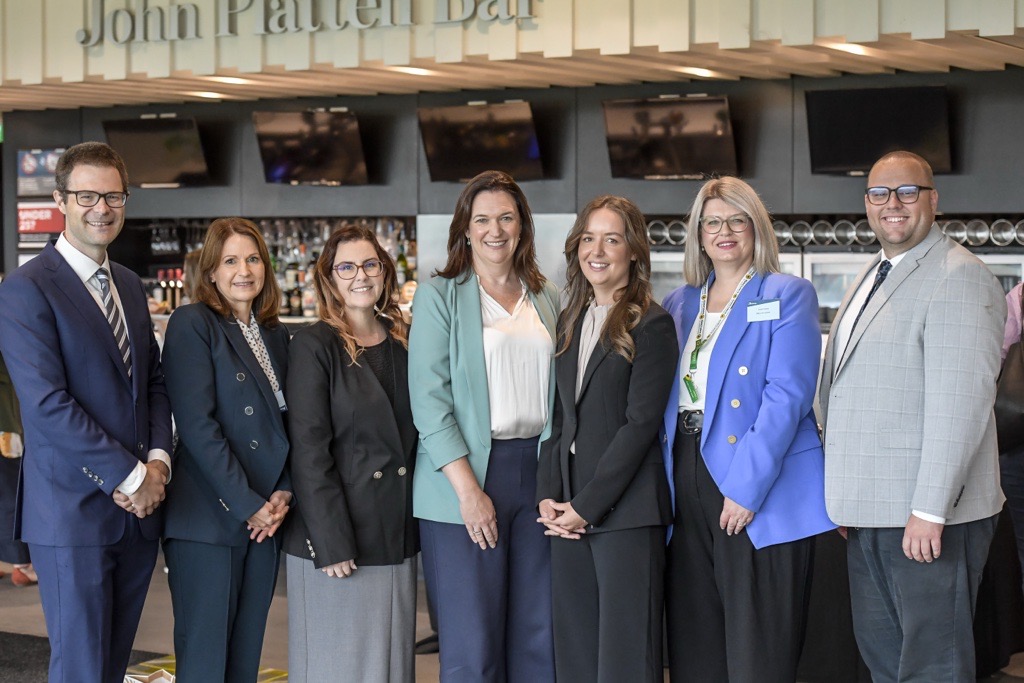
News & Events
World-first Inklings Program launches in South AustraliaSouth Australian families with babies showing early social and communication differences will be among the first to benefit from a nation-leading early support program, as The Kids Research Institute Australia’s Inklings Program officially launches in South Australia.

News & Events
Rapid diagnosis for childhood brain cancer in WAThe Kids Research Institute Australia's Brain Tumour Research team will develop and implement cutting-edge technologies to revolutionise the speed of brain cancer diagnosis for WA children, thanks to more than $200,000 from Telethon.
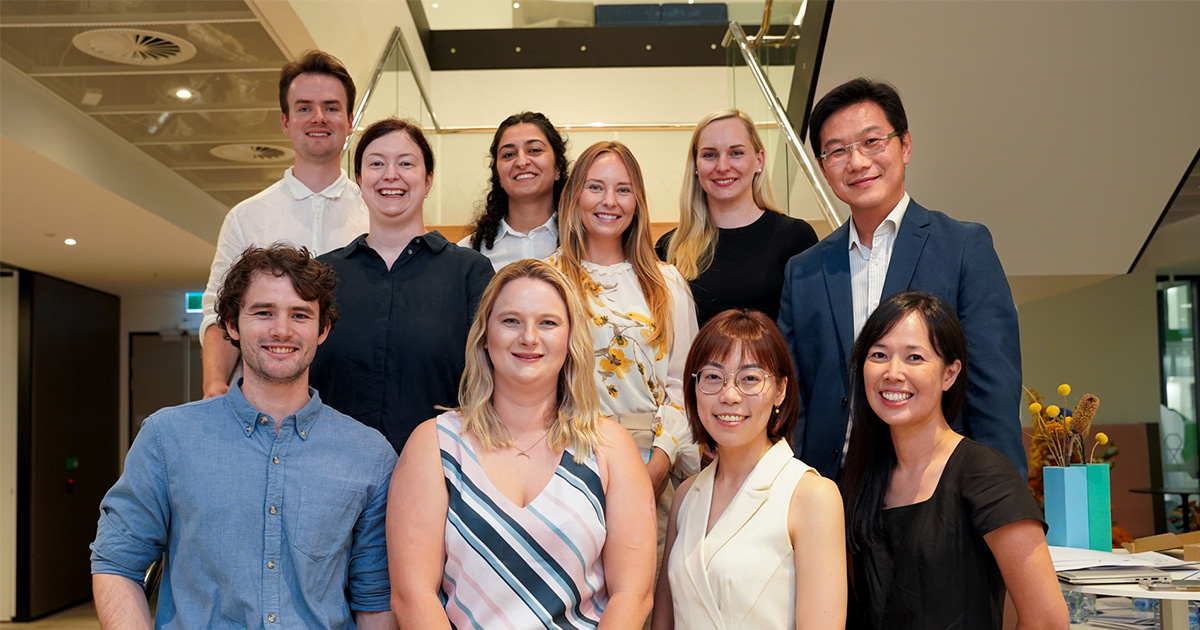
News & Events
Philanthropy powering our people at PitchFest!For the third year running, ten emerging researchers took to the stage to pitch their innovative research projects at our annual Illuminate PitchFest event, inspiring a room full of donors of their vision and commitment to drive improved health outcomes for kids.

News & Events
Projects to probe role of dads and help parents navigate teens’ digital worldA project that will investigate the role of Australian fathers in their children’s wellbeing and another which aims to help parents grapple with the digital world and its role in teens’ mental health have received significant funding from the Australian Research Council.
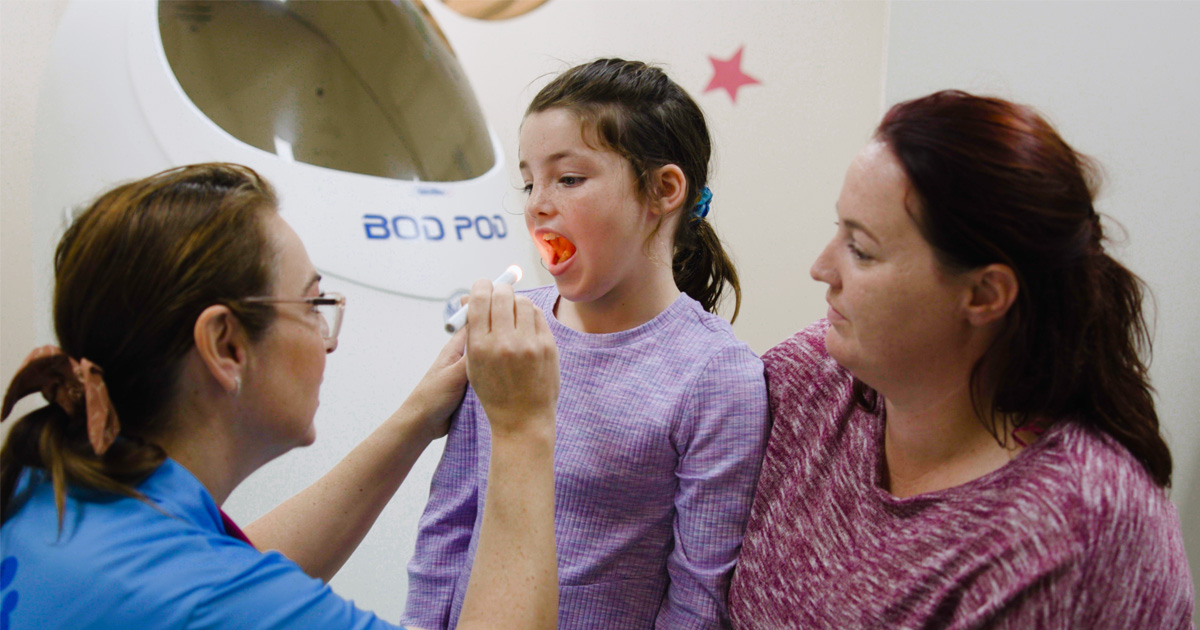
News & Events
ORIGINS celebrates significant funding from the Stan Perron Charitable Foundation in 2025A substantial funding boost from the Stan Perron Charitable Foundation will help to further extend one of Australia’s biggest longitudinal child health research studies centred around families from the Joondalup and Wanneroo communities.
